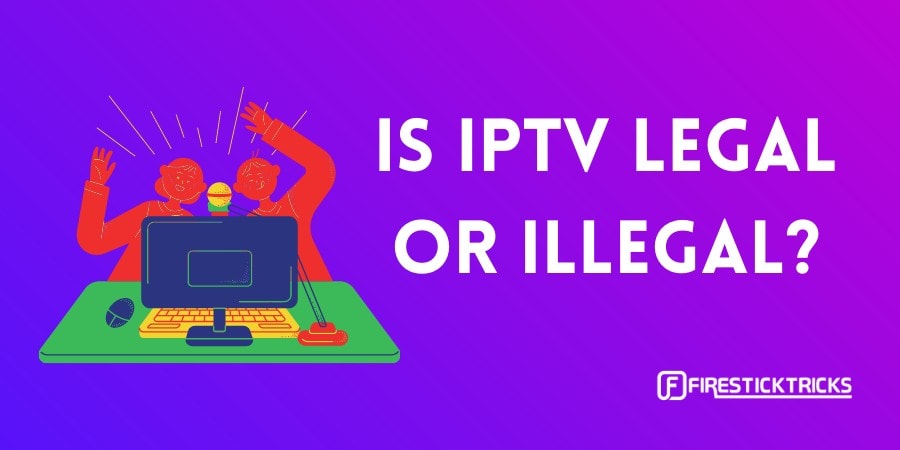
As IPTV continues to reshape how we consume television, it also casts a spotlight on “IPTV Legal Considerations”. Understanding the intricacies of copyright and licensing is critical for IPTV service providers to operate within the bounds of the law and maintain a sustainable business model. This blog post will navigate the often-murky waters of copyright law as it applies to IPTV and provide guidance on securing the necessary licenses for content.
1. Copyright Basics for IPTV:
Understanding IPTV Legal Considerations: Explain what copyright is and why it’s crucial in the context of IPTV services.
Global Copyright Laws: Highlight the variation in copyright laws and enforcement across different countries and how this impacts IPTV services operating internationally.
2. Licensing Content for IPTV:
IPTV Content Licensing Essentials: Discuss the various types of licenses required for streaming content, such as broadcasting rights, synchronization rights, and more.
Negotiating Licenses: Offer insights into the negotiation process with content providers, networks, and studios, including the challenges of securing multi-territory rights.
3. The Cost of Compliance – and
Noncompliance:
Licensing Fees and IPTV Legal Considerations: Provide an overview of the financial implications of content licensing, including potential fees and royalties.
Risks of Noncompliance: Warn of the legal and financial consequences of streaming unlicensed content, including lawsuits and service shutdowns.
4. Content Piracy and IPTV:
Combatting Piracy with Legal IPTV Practices: Explore measures IPTV providers must take to combat piracy and protect copyrighted material.
Educating Users on IPTV Legal Considerations: Discuss the importance of educating subscribers about the legal and ethical aspects of content consumption.
5. Navigating the Fair Use Doctrine:
Fair Use Limitations in IPTV: Explain the concept of fair use and its limitations, particularly concerning IPTV services.
Case Studies: Reference relevant case law that illustrates the complexities of fair use in the digital streaming landscape.
6. Technology and Copyright:
Digital Rights Management (DRM) and IPTV Legal Considerations: Detail how DRM technologies can help IPTV providers protect copyrighted content and comply with licensing agreements.
Content Monitoring Tools: Introduce the tools and technologies available to IPTV providers to monitor and ensure that only licensed content is distributed on their platform.
7. Building Relationships with Copyright
Holders:
Partnerships and IPTV Legal Considerations: Encourage forming strategic partnerships with copyright holders to create a more robust and legitimate content offering.
Transparency: Advocate for maintaining transparency with content providers regarding viewership data, revenue sharing, and anti-piracy measures.
The legal landscape of IPTV is a field marked by ongoing changes and significant complexities. For providers, the key to navigating this landscape successfully is understanding the importance of “IPTV Legal Considerations”, investing in compliance, and building transparent relationships with content creators. Doing so not only respects the creators’ rights but also builds a solid foundation for business growth.
